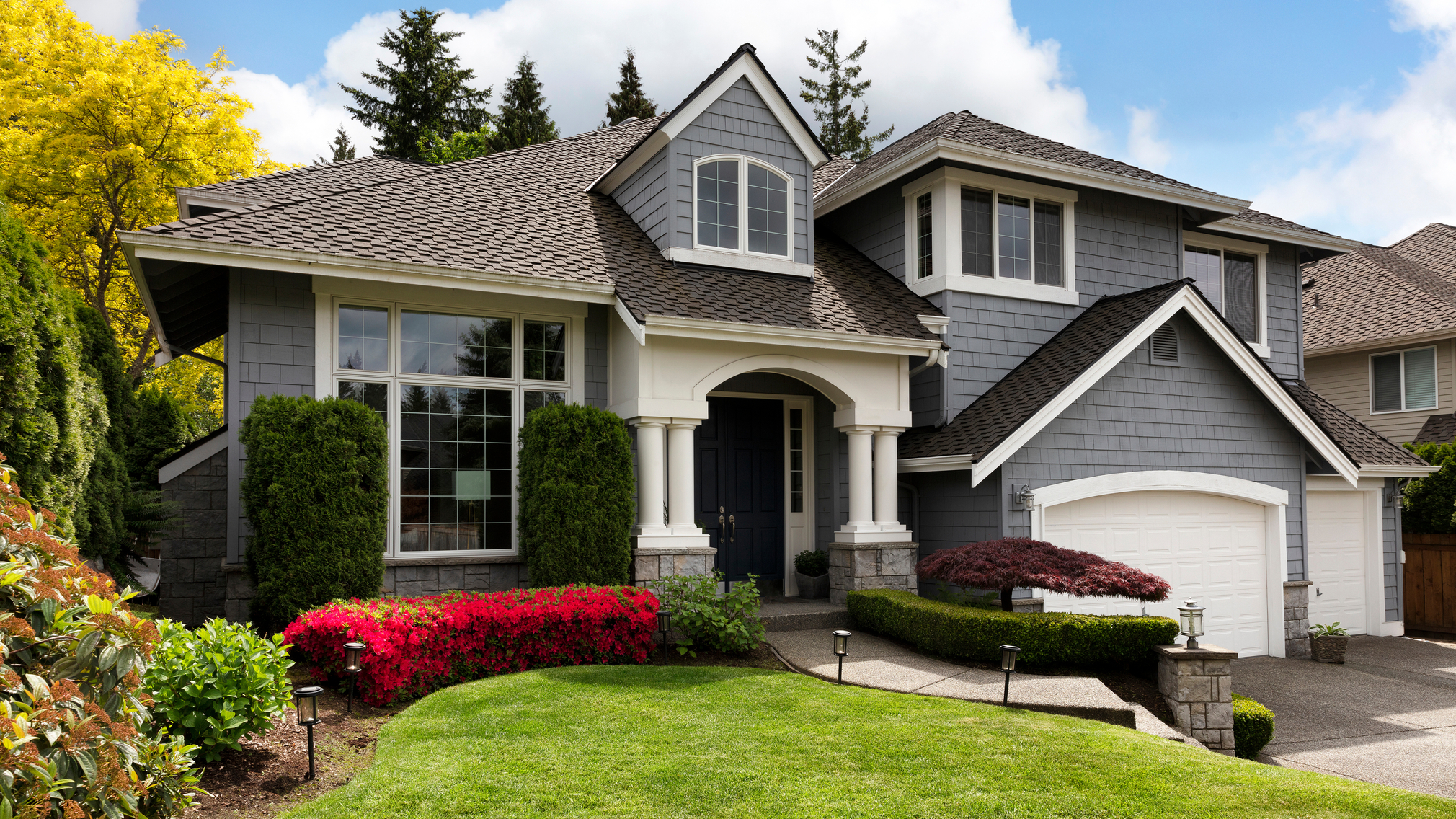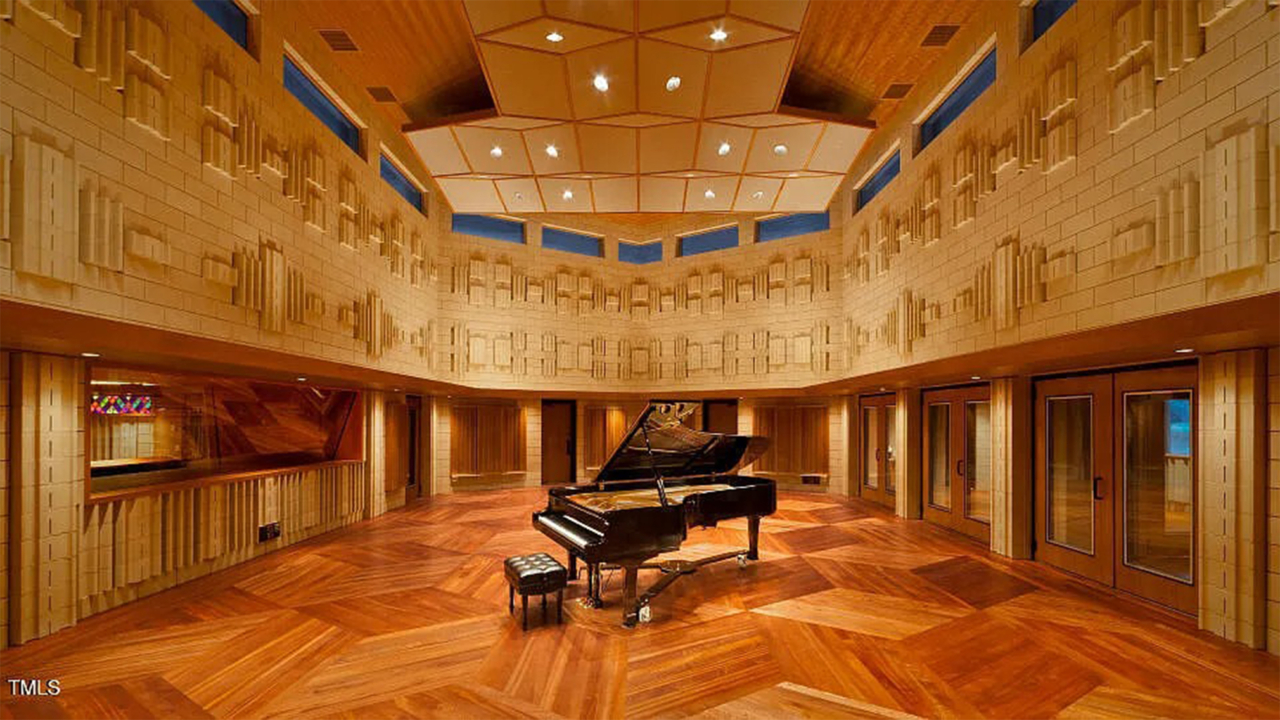15-Year vs 30-Year Mortgage


Written by Alycia Lucio on June 14, 2024
All mortgages come with a repayment term, which is the length of time you have to pay back your home loan. While these term lengths can vary from loan-to-loan, you’ll most commonly find options for 15 and 30 years. Both 15-year and 30-year mortgages have their own advantages, but there are different financial factors to consider, including rates and monthly payment amount, when determining which mortgage is right for you.
The difference between a 15- and 30-year mortgage
The main difference between a 15-year and 30-year mortgage is the time it takes to repay the mortgage. A 30-year mortgage is a home loan that is repaid over the course of 30 years, while a 15-year mortgage is repaid over a 15-year period. The length of the loan can affect everything from your monthly payments to the total interest paid over the life of the loan.
15-year mortgage at a glance:
Shorter term, less interest: Opting for a 15-year mortgage often means you'll pay significantly less interest over the life of the loan. Because debt is accruing over a shorter period, you’re making a fewer number of payments, and 15-year loans usually carry materially lower interest rates than 30-year loans.
Higher monthly payments, faster equity: The tradeoff for the reduced interest is higher monthly payments. While enabling you to build equity faster, 15-year mortgages demand a greater immediate financial commitment.
30-year mortgage at a glance:
Longer term, more interest: A 30-year mortgage spreads your debt over a longer period, resulting in lower monthly payments but a greater total interest paid over time.
Flexible and affordable payments: The lower monthly payments associated with a 30-year mortgage can free up your budget, making it easier to manage financial emergencies or invest in other opportunities.
15-year vs 30-year mortgage rates
30-year mortgage rates are typically higher than 15-year mortgage rates because lending money over a longer period costs more and increases the risk for the lender. By condensing the repayment period to 15 years, you may receive a materially lower interest rate and pay less in interest over the mortgage term, but pay more each month. The higher monthly payments mean you’ll need a lower debt-to-income ratio (DTI) in order to qualify for a 15-year mortgage compared to a 30-year mortgage.
Fixed vs adjustable rates
15- and 30-year mortgages also come with either a fixed or adjustable rate. A fixed-rate mortgage will have the same interest rate for the life of the loan (either 15 or 30 years), which means your monthly principal and interest will not change during that 15- or 30-year repayment period.
An adjustable-rate mortgage (ARM) will have a fixed rate for a set number of years and then the rate may adjust up or down for the remainder of the loan term based on limits in the loan term and the Secured Overnight Financing Rate (SOFR) index. For example, a 5-year ARM will have an initial fixed rate that lasts for the first five years of the loan, regardless of the loan term, before adjusting. A 7-year ARM will have its initial fixed rate for the first seven years before adjusting.
15-year vs 30-year mortgage calculator
To give you an idea of how 15- and 30-year mortgages compare, let’s look at a quick example using our Mortgage Calculator:
Say you want to buy a house that costs $358,734*. You plan to make a 20% down payment of $71,747 to avoid paying private mortgage insurance (PMI). This means you’ll need to take out a mortgage for the remaining $286,987. You qualify for a fixed 30-year mortgage rate of 6.979% and fixed 15-year mortgage rate of 6.146%.
You choose the 30-year mortgage. Your payments cost you $540 less each month than if you’d gone with a 15-year mortgage. At the end of the 30 years, you’ll have paid $245,897 more in interest than if you’d chosen the 15-year mortgage. But the $194,400 that would have gone towards paying off your mortgage faster was able to be used towards other investments, savings, debts or whatever you liked.
| Mortgage Term: | Monthly Mortgage Payment: | Total Interest Payments: | Total Loan Principal Payments: | Total Mortgage Cost: |
| 30-year mortgage | $2,273 | $398,912 | $286,987 | $685,899 |
| 15-year mortgage | $2,813 | $153,015 | $286,987 | $440,002 |
*the median home value as of April 2024
Is a 15-year mortgage better than 30?
While one option may seem financially superior on paper, it's essential to consider your overall financial health, lifestyle and long-term goals when choosing between a 15- and 30-year mortgage. Most first-time homebuyers opt for a 30-year mortgage, because the payments are more affordable. As their income and home value increase, they may choose to refinance into a shorter 15-year mortgage to pay the loan off sooner and remove mortgage insurance.
Here are a few things to consider when choosing between a 15-year and 30-year mortgage:
Consider your budget limits: Ensure the monthly payments of whichever mortgage you choose fit comfortably within your budget without stifling other financial goals or emergency savings.
Reflect on your financial goals: Align your mortgage choice with your broader financial objectives. Whether it’s retiring debt-free, investing in other assets or ensuring a flexible cash flow, your mortgage should help rather than hinder these ambitions.
Consult with a financial advisor: Given the significant impact this decision can have on your financial future, seeking advice from a professional can provide tailored insights and help you make an informed decision.
Why choose a 15-year mortgage?
A 15-year mortgage can offer financial freedom sooner than a 30-year mortgage at the cost of higher monthly payments. This option is well-suited to those looking to save on interest, build equity swiftly and own their home outright sooner rather than later.
- You can comfortably afford a higher monthly payment in addition to your other expenses
- You want to build home equity more quickly
- You plan to sell the home within a few years
Why choose a 30-year mortgage?
A 30-year mortgage can offer a bit more flexibility than a 15-year, giving you the ability to own a home while still managing bills and investing in other areas — be it education, retirement savings or even other investment ventures with potentially higher returns.
- You want a lower monthly mortgage payment
- You want to purchase the most house you can afford
- You plan to stay in the home for a long time
- You want to have the option of making larger payments when you can
There are a lot of things that factor when choosing a mortgage. While your financial information will ultimately determine the mortgage rates and terms you qualify for, it’s always a good idea to speak with a loan officer or lender about your future repayment options in case your circumstances change.
How much home can you afford?
At Zillow Home Loans, we can pre-qualify you in as little as 5 minutes, with no impact to your credit score.
Zillow Home Loans, NMLS # 10287. Equal Housing Lender
Get pre-qualifiedHow much home can you afford?
See what's in reach with low down payment options, no hidden fees and step-by-step guidance from us at
Zillow Home Loans.
Zillow Home Loans, NMLS # 10287. Equal Housing Lender
Calculate your BuyAbility℠
Related Articles
Get a mortgage with Zillow Home Loans
Go from dreaming to owning with low down payment options, competitive rates and no hidden fees. A dedicated loan officer will guide you until you have your keys in hand.

Zillow Home Loans, NMLS #10287. Equal Housing Lender.



